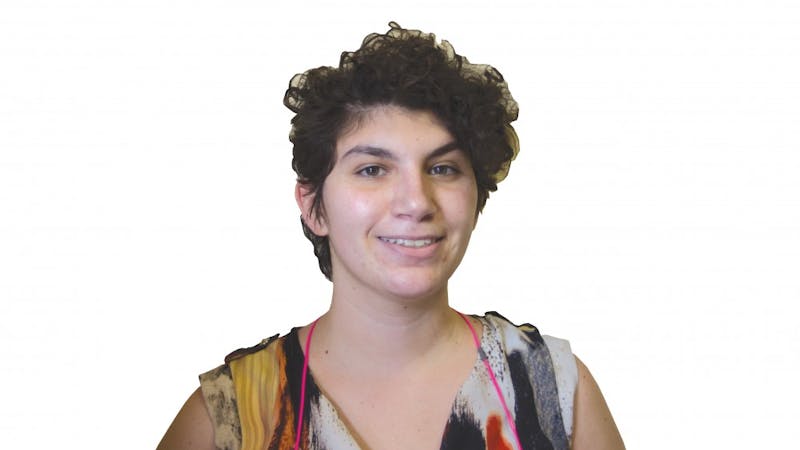Dear Thresher, I see that the spinnable statue previously located by Herzstein Hall, “Po-um (Lyric)” by Mark di Suvero, has been relocated to near the Moody Center for the Arts.

Rice will never have enough parking. This is the reality we must accept.

While we’re pleased that students are being consulted in this vision for the next 100 years at Rice, the current plan for obtaining student input is remarkably problematic. Because of the structure of the committee and the process through which ideas will be chosen, the student body as a whole will have limited influence on V2C2.

A couple weeks ago, the Thresher covered the career fair, and chose to make the expo’s shortcomings the focus of our editorial. Unfortunately, the point, in many instances, was completely missed by readers, particularly people who have already graduated from Rice and hold jobs (perhaps jobs they found themselves without any help from Rice).
President Leebron is working on Rice's Vision for the Second Century II, which will outline the university's plan for development in the next 100 years.
At the heart of the problem is the shrinkage in the overall number of self-described humanities applicants.
Expecting the Career Expo to be the start and finish of a job/internship search is a major mistake for any student, regardless of major.
We were disheartened by President Trump’s decision to rescind the Obama administration’s immigration policy known as Deferred Action for Childhood Arrivals.
For some, the Expo no doubt provides an avenue toward jobs. For others, however, most often humanities and social sciences majors, it doesn’t offer much of a way forward.

Yes, Rice is known for biological sciences and engineering, but we cannot truly claim to be one of the preeminent national universities if we focus so heavily on technical disciplines.

Supporting the arts on campus isn’t as simple as decorating light poles.

People are concerned for their environment when a hurricane destroys it, but will not change their way of living to protect themselves from the same damage in the future.
Rice’s campus was lucky to be largely unharmed due to Hurricane Harvey. Thanks to the administration’s careful planning, students were safe and well-fed despite the storm. The crisis management team’s updates provided a constant flow of information and Housing and Dining supplied on-campus students with plenty of food. Facilities and Engineering made sure buildings were safe before reopening them and fixed any problems they found.
Rice is a bubble — most students here will attest to that. I don’t think it’s ever been more true than in this last week.

Over the last week, more than 2,000 Rice students, faculty and staff signed up to help rebuild the city we all call home through the Rice Harvey Action Team collaborative. They have volunteered nearly 8,000 hours, waking up before the sun rises and working long after it goes down. The Rice community’s sense of civic duty has been inspiring to everyone; however, we can and should ask more of each other.